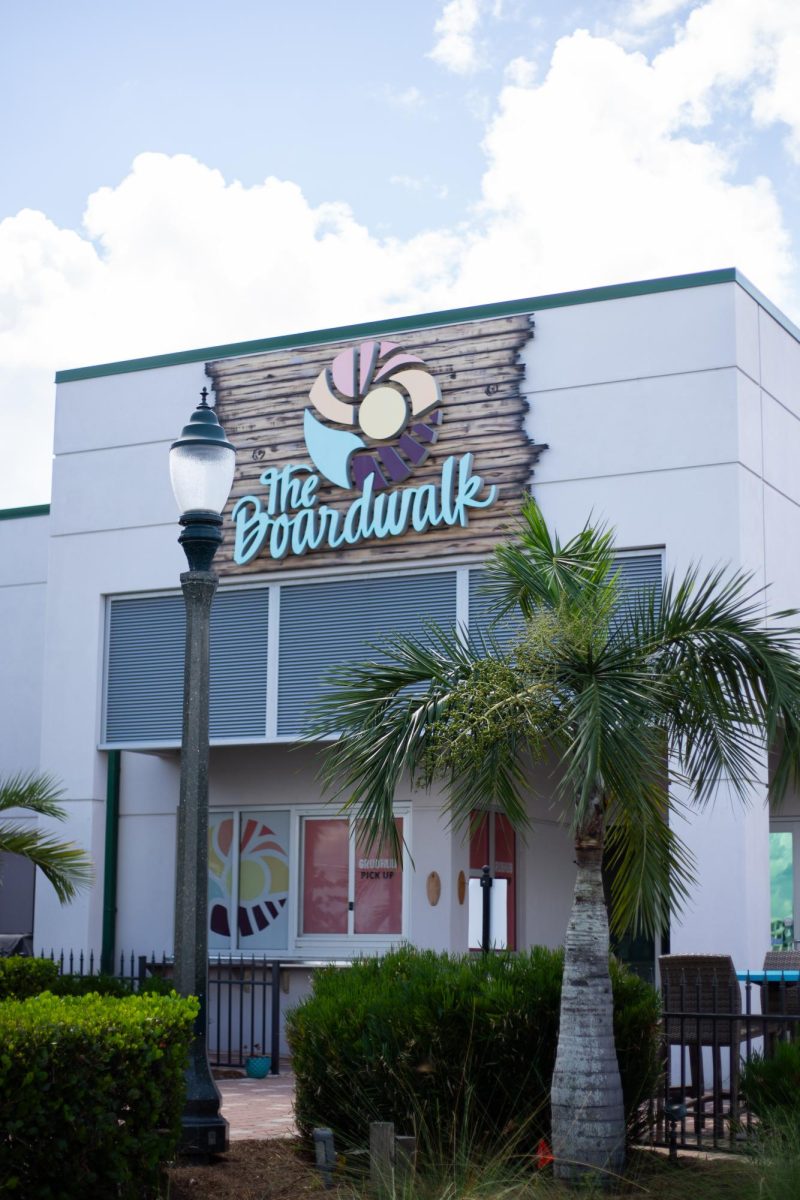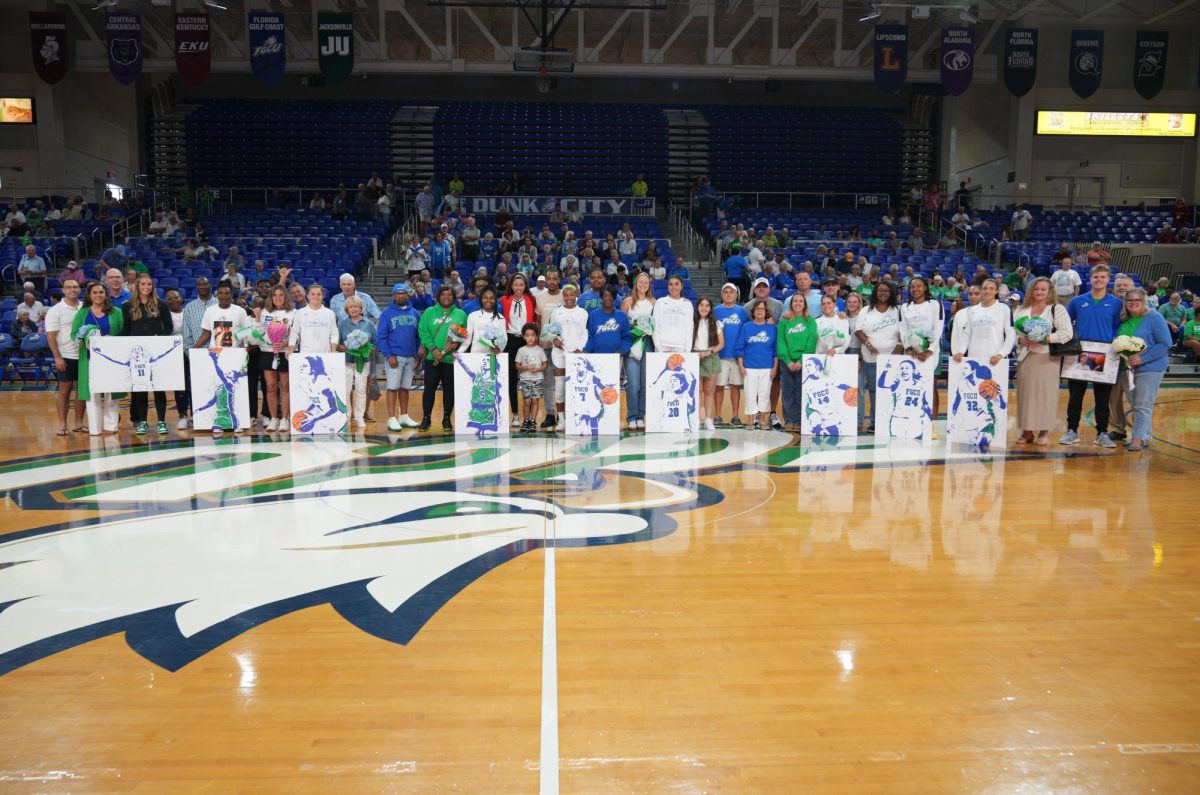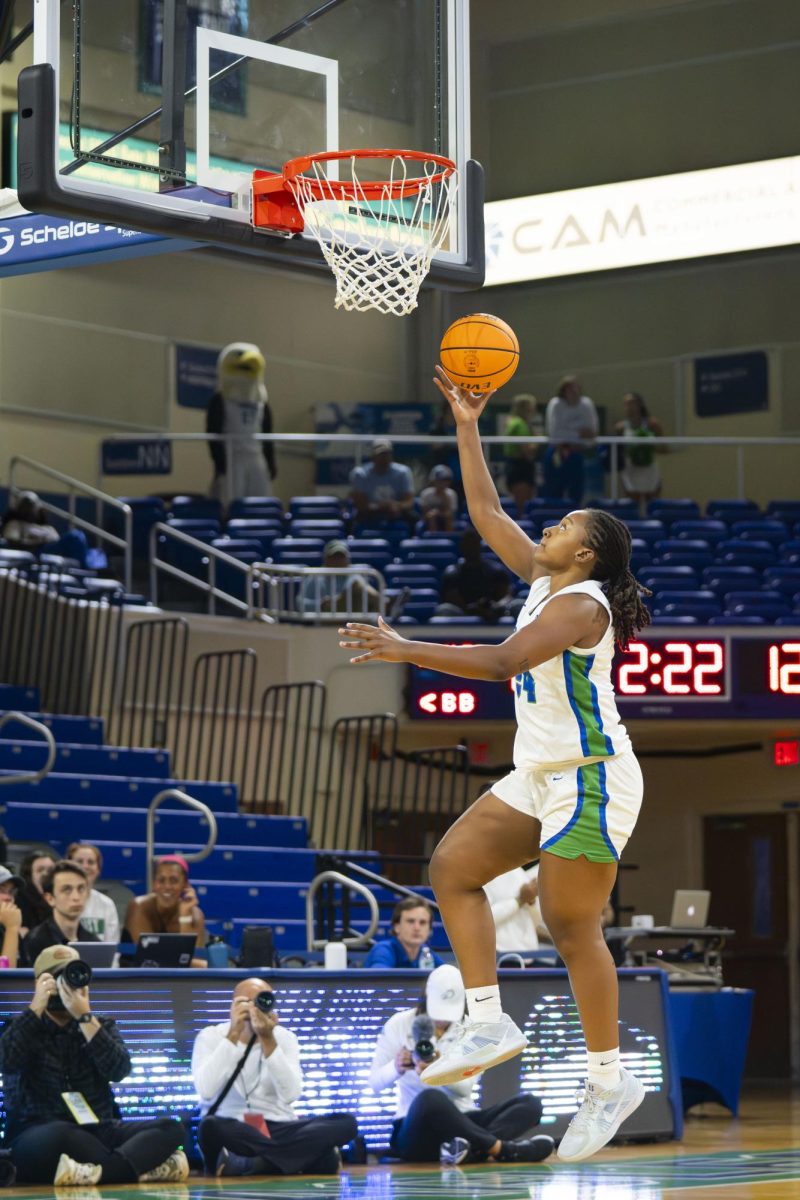When it comes to education, four seems to be the magic number. It takes four years to complete high school, and it has always been said that it takes four years to get a bachelor’s degree.
While a bachelor’s degree is certainly attainable in four years, recent years have shown that many students are taking longer than four to graduate. These students are known as Super Seniors. If the word “super” carries a positive connotation, then being a Super Senior is a positive thing, right?Lance Schneider, a Super Senior, told Eagle News, “I feel like it’s looked down upon, but if you’re the type of person who doesn’t care what people think, which I don’t, then it’s OK.” Since finishing things late tends to be frowned upon, finishing school late is more likely associated with laziness first. SuperSeniors have taken to calling it their “victory lap” — flipping the term from something negative, to something positive.
Super Senior Katie Stiefbold said, “the stigma has changed — it’s really common now,” saying that a good amount of her friends are Super Seniors, too.
Susan Lobo, a psychology major going into her fifth year, said, “I would rather be ‘behind’ and happy, than on track and miserable. Now I also feel excited for what the rest of my time at FGCU will hold (instead of feeling inadequate for being ‘behind’).”
The definition of being “behind” may be changing. According to the performance-based funding structure used by the Florida Board of Governors, the rates that affect funding are those of students that take longer than six years to graduate, not four.
“I remember judging during my first year. If someone was here longer than four years I would assume that they partied too much, or slacked off,” said Stiefbold, whose attitude has since changed. She has changed her major two or three times as a full-time student, while always working full or part time.
Scheduled to graduate in December with a major in marketing and a minor in journalism, Stiefbold said. “Even though I took some silly classes as electives while figuring out what to do, I’m still grateful. No education is ever wasted.”
So what is the financial impact of Super Seniors, if any?
The State University System as governed by the BOG uses a performance-based funding structure to determine how much funding gets distributed to each of Florida’s 12 state universities.
The universities are graded using a point-based system. The score determines how much funding a school receives— or does not receive — the following year.
The highest possible score is 50. This year, FGCU scored fifth of 12 with a score of 38, which granted the university $13.2 million. The year before, the university ranked 6th of 12 with a score of 30, and received $8.1 million.
One of the ten metrics that the schools get graded on is the sixthyear graduation rate for full-time and part-time First Time In College students.
This means that Super Seniors don’t affect the university’s funding negatively, until they take longer than six years to graduate.
Seventy percent or higher is considered an excellent rate of graduation within six years. Most recently, only Florida State University and University of Florida have achieved rates higher than 70 percent; 79 percent and 87 percent, respectively. FGCU is at 49 percent.
Provost Ron Toll said, “students are more transitory now than ever before.” With more options for schools and programs, it makes sense that students would take longer to graduate.
Another related metric is the academic progress rate, which tracks second year retention rates of students with a GPA above 2.0; in other words, how many sophomores that started at each given university have a GPA of 2.0 or higher? The data shows that the higher this number, the higher the six-year graduation rate. Ninety percent is considered excellent. Again, FSU and UF sit highest at 91 percent and 95 percent, while FGCU is at 72 percent.
In regards to FGCU’s lower percentages, Toll said, “FGCU is younger and newer, that’s why. Older, larger universities like FSU and UF have two and a half more undergraduate programs than FGCU.”
Only time can facilitate the expansion of undergraduate programs at FGCU. But in the meantime, the university has been doing everything from hiring more advisers, to shifting class times and doing technology upgrades to increase its rates “as expeditiously as possible,” Toll told EagleNews.
If an eight point and $5 million increase year over year is any sign of a trend, then FGCU is heading in the right direction, and just might be the kind of school that any Super Senior would benefit from calling their home – as long as they don’t exceed six years.
Categories:
Super Seniors: Taking an extra lap
October 4, 2015
Story continues below advertisement
0
Tags:
More to Discover
























